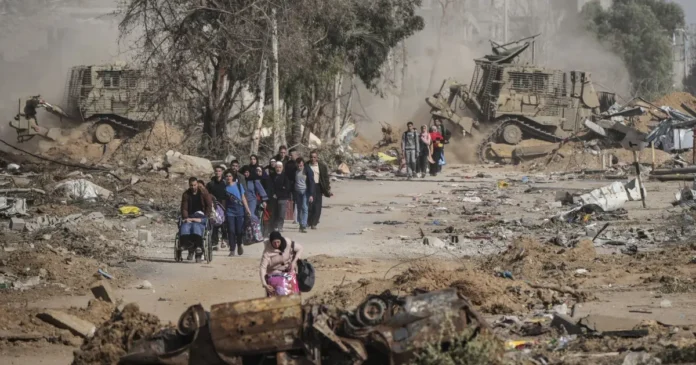Kuwait leads a wave of international condemnation. This follows inflammatory remarks from a Zionist leader. The leader suggested forcibly displacing Palestinians. Kuwait’s Foreign Ministry issued a strong statement immediately. It called the comments a blatant international law violation.
Moreover, the ministry described them as a humanitarian principles breach. Such remarks challenge Palestinian rights directly. They also continue aggressive occupation policies. Kuwait rejects all Palestinian eviction attempts categorically. It urges the international community to act now.
Furthermore, Kuwait demands the UN Security Council intervene. It must stop genocide and collective punishment. Starvation tactics and settlement expansion must also cease. Comprehensive peace requires ending the occupation first. A sovereign Palestinian state must then emerge.
Therefore, its borders must be those of June 4, 1967. East Jerusalem must serve as its capital. The Gulf Cooperation Council (GCC) also denounced the statements. Secretary-General Jasem Al-Budaiwi called them serious and irresponsible. He warned they explicitly call for ethnic cleansing.
Furthermore, this international condemnation highlights a clear law violation. Such rhetoric reflects an aggressive official approach. It undermines regional peace efforts significantly. It also damages international peace endeavors. The GCC urges the world to assume its responsibilities.
These are legal, moral, and humanitarian duties. The GCC firmly supports Palestinian rights again. This includes their right to a sovereign state. The Arab League Council session reinforced this international condemnation. Arab foreign ministers met in Cairo recently.
They rejected any proposal undermining Arab sovereignty. They also denounced any threat to territorial integrity. Ministers adopted a significant resolution titled “A Common Vision”. This resolution reaffirms support for Palestinian rights firmly.
It opposes all demographic changes in occupied territories. It underscores the need to end the occupation completely. The resolution highlights regional cooperation importance. This addresses security challenges effectively. It also advances peaceful conflict resolution.
Additionally, it promotes nuclear non-proliferation strongly. It calls for international supervision of nuclear facilities. It demands a WMD-free Middle East. Arab League Secretary-General Ahmed Aboul Gheit spoke. He said the resolution shows a shared Arab commitment. This commitment is to peace, security, and development.


